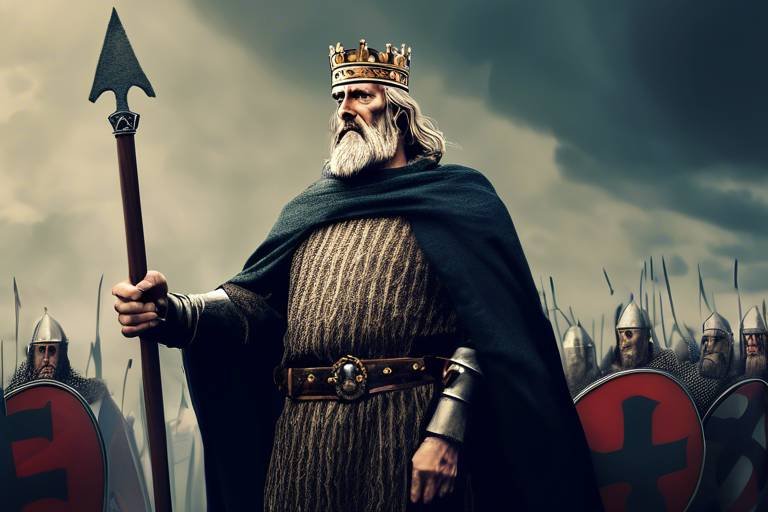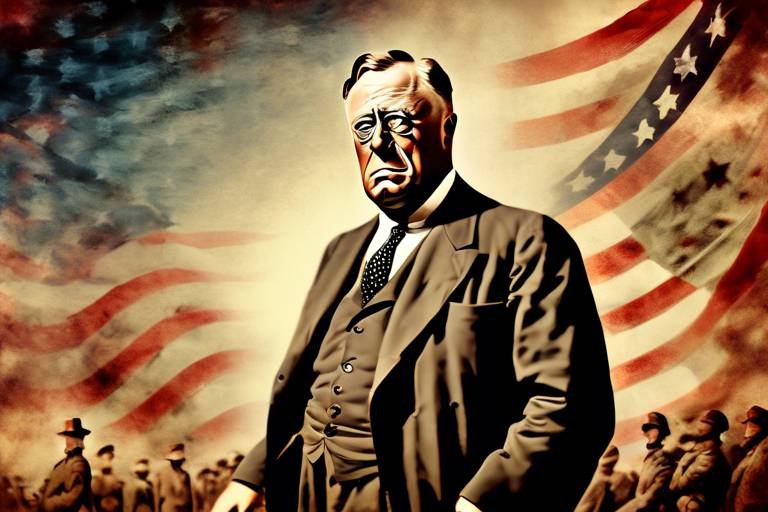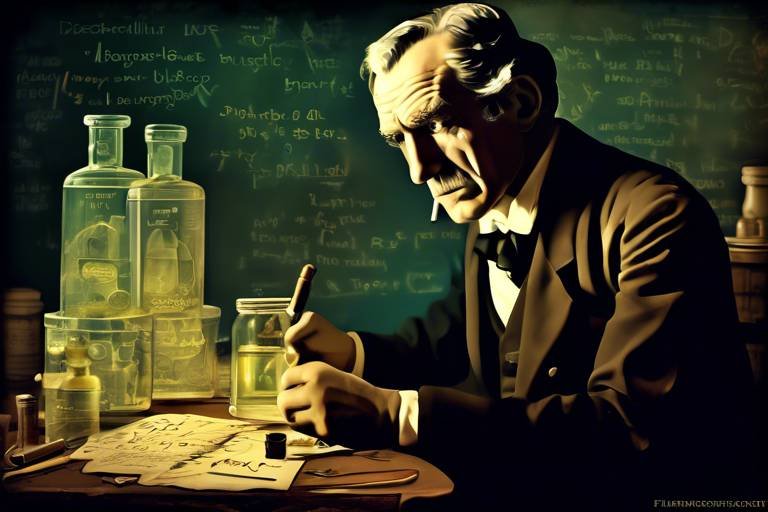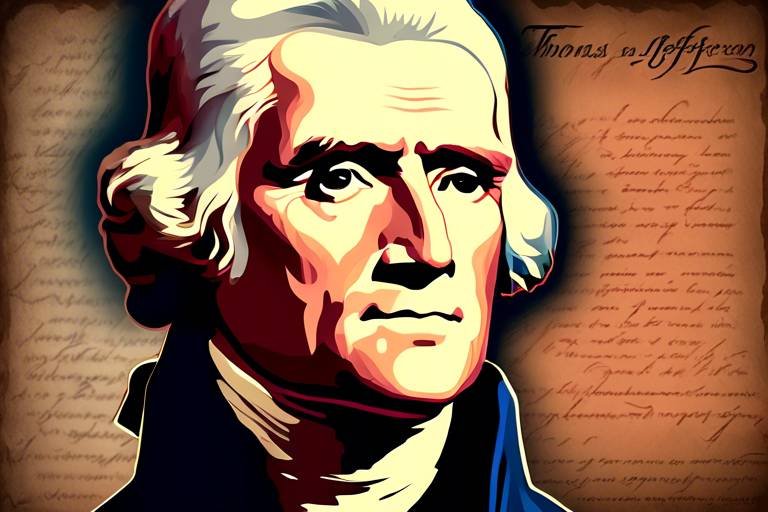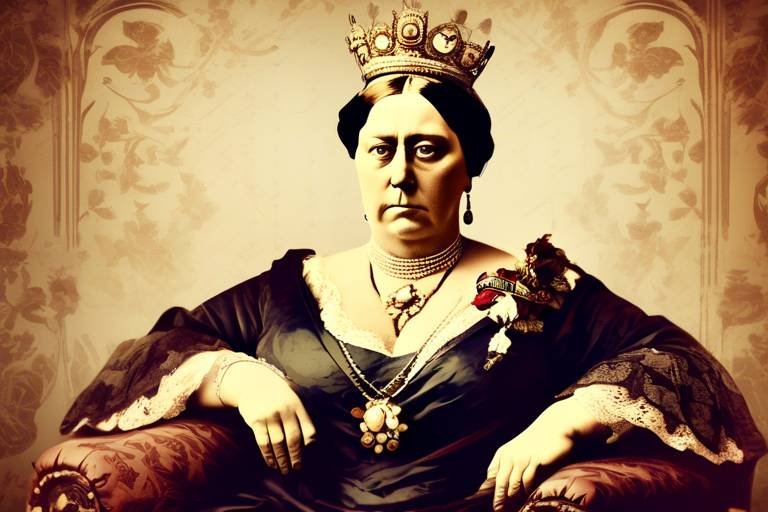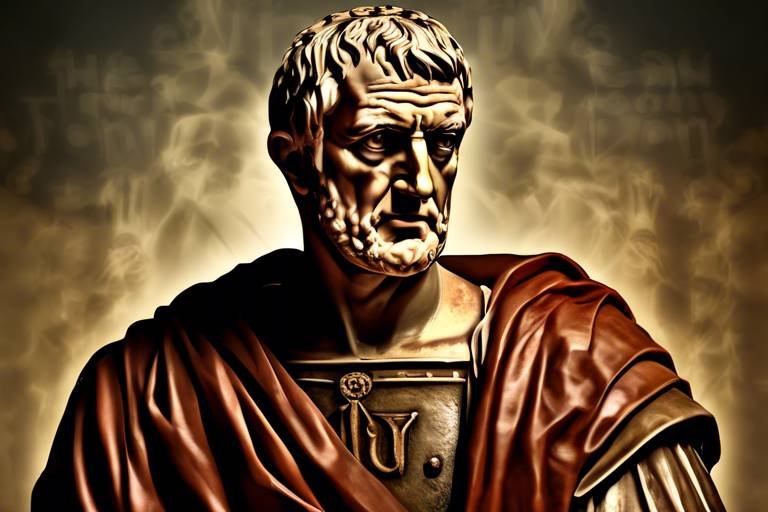Meade: The General Who Defeated Lee
The name General George G. Meade resonates through history as the brilliant military leader who achieved a monumental feat by defeating the formidable Confederate General Robert E. Lee. Meade's strategic prowess and unwavering determination played a pivotal role in securing a crucial victory for the Union forces during the tumultuous American Civil War. His legacy as the general who outmaneuvered Lee continues to inspire awe and admiration among historians and military enthusiasts alike.

Early Life and Military Career
General George G. Meade stands as a towering figure in American military history, celebrated for his pivotal role in securing the Union victory over Confederate General Robert E. Lee during the tumultuous American Civil War. Let's delve into the remarkable leadership and strategic acumen that propelled Meade to success on the battlefield.
George Gordon Meade was born on December 31, 1815, in Cadiz, Spain, to a military family with a strong lineage of service. Raised in Pennsylvania, Meade pursued a career in the United States Army, graduating from West Point in 1835. His early military career was marked by diligent service in various engineering and staff positions, honing his skills and preparing him for greater responsibilities.
Meade's steady rise through the ranks saw him distinguished in the Mexican-American War, where his tactical expertise and leadership abilities caught the attention of senior commanders. His dedication and strategic thinking paved the way for his eventual command during the Civil War, a conflict that would test his mettle like never before.
Appointed as the commander of the Army of the Potomac in June 1863, Meade inherited a challenging situation fraught with internal strife and external pressures. Leading the Union forces against Lee's formidable Army of Northern Virginia, Meade faced the daunting task of outmaneuvering one of the Confederacy's most respected generals.
Despite the immense pressure and expectations weighing upon him, Meade displayed a keen understanding of military strategy and a resolute determination to secure victory for the Union cause. His leadership during this critical period would be tested in the crucible of the Battle of Gettysburg, a momentous clash that would define his legacy.
At the Battle of Gettysburg, Meade's strategic brilliance and decisive command decisions played a decisive role in repelling Lee's advances and securing a crucial victory for the Union. His ability to anticipate and counter the enemy's movements, coupled with his unwavering resolve in the face of adversity, solidified his reputation as a formidable military leader.
The three-day conflict at Gettysburg marked a turning point in the Civil War, shifting the momentum in favor of the Union and dealing a significant blow to the Confederate forces. Meade's leadership on the battlefield would be immortalized in the annals of American history, earning him rightful acclaim as the general who defeated Lee.
Throughout his command, Meade faced intense political pressures, internal dissent within his ranks, and harsh criticisms from various quarters. However, his steadfast resolve and unwavering commitment to the Union cause enabled him to navigate through these challenges and emerge victorious at Gettysburg.
Meade's ability to maintain cohesion within his command, make tough decisions under duress, and lead by example in the heat of battle showcased his exceptional leadership qualities. Despite the obstacles in his path, Meade's triumph at Gettysburg stands as a testament to his resilience and strategic acumen.
Following the Civil War, George G. Meade's legacy endured as a symbol of Union victory and military excellence. His contributions to the cause of preserving the Union and his role in shaping the course of American history were widely acknowledged and celebrated.
Despite his significant achievements on the battlefield, Meade's post-war life was marked by a return to a quieter existence, focusing on family and personal pursuits. His legacy, however, continued to resonate through the annals of history, leaving an indelible mark on the nation he had served so faithfully.
Over the years, historical perspectives on George G. Meade have evolved, with debates and controversies surrounding his command decisions and leadership style. While some have criticized certain aspects of his conduct during the war, others have lauded his strategic foresight and tactical prowess.
Meade's reputation as the general who defeated Lee remains a subject of historical scrutiny and interpretation, with varying assessments of his contributions to the Union cause. Despite the complexities of his legacy, Meade's impact on the course of the Civil War and American history at large cannot be denied.
George G. Meade's overall impact on the outcome of the Civil War was profound, with his decisive victory at Gettysburg altering the course of the conflict and bolstering Union morale. His strategic acumen, leadership under fire, and ability to command respect from his troops were instrumental in shaping the outcome of key battles and campaigns.
Meade's legacy as a skilled military tactician and a dedicated servant of the Union cause endures to this day, underscoring his pivotal role in securing victory for the North and preserving the United States as a unified nation.
When compared to other prominent generals of the Civil War era, George G. Meade's leadership style and tactical approach set him apart as a pragmatic and results-oriented commander. His focus on strategic planning, attention to detail, and ability to adapt to changing battlefield conditions distinguished him from his contemporaries.
While each general brought unique strengths to the conflict, Meade's legacy as the general who defeated Lee solidifies his place among the pantheon of Civil War military leaders, earning him a lasting reputation as a master strategist and a stalwart defender of the Union cause.
Stay tuned for answers to common questions about General George G. Meade, his leadership during the Civil War, and his enduring legacy in American history.
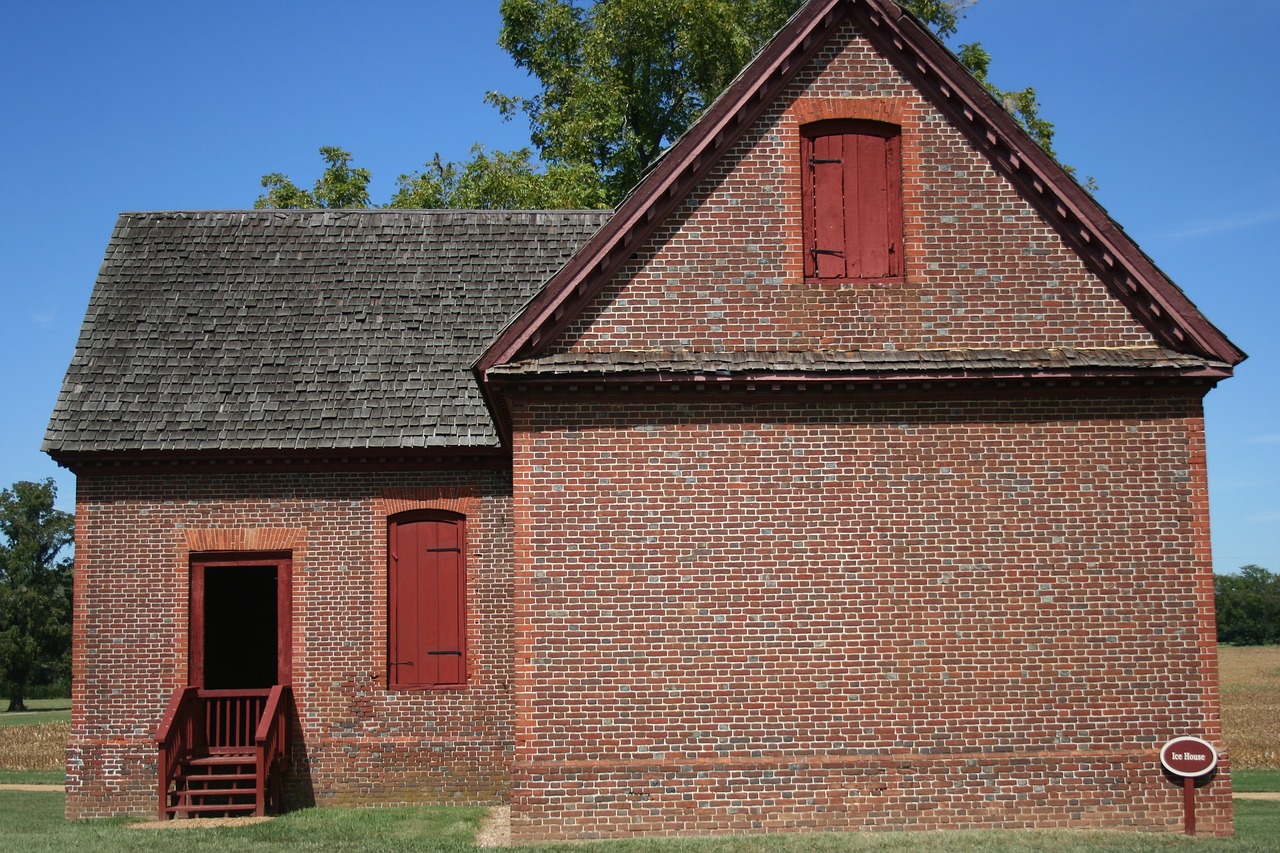
Command of the Army of the Potomac
As General George G. Meade assumed command of the Army of the Potomac, he faced a myriad of challenges that tested his leadership abilities and strategic acumen. Tasked with leading the Union forces against the formidable Army of Northern Virginia under the command of General Robert E. Lee, Meade found himself at the forefront of one of the most critical theaters of the Civil War.
Meade's appointment to lead the Army of the Potomac came at a crucial juncture in the conflict, following a series of setbacks and leadership changes within the Union command structure. Despite the immense pressure and expectations placed upon him, Meade approached his new role with a sense of determination and a commitment to securing a decisive victory for the Union cause.
Throughout his command, Meade demonstrated a keen understanding of military strategy and a willingness to adapt to the ever-changing dynamics of the battlefield. His ability to make quick, decisive decisions in the face of uncertainty and adversity earned him the respect of his troops and fellow officers.
One of the most significant tests of Meade's leadership came during the Battle of Gettysburg, a pivotal engagement that would ultimately shape the course of the war. Faced with Lee's audacious invasion of Union territory, Meade skillfully positioned his forces and orchestrated a series of defensive maneuvers that culminated in a resounding Union victory.
Despite the challenges and criticisms he faced, Meade's command of the Army of the Potomac showcased his resilience, strategic prowess, and unwavering dedication to the Union cause. His leadership during this critical period of the Civil War solidified his place in history as a general who played a crucial role in the defeat of Lee and the Confederate forces.
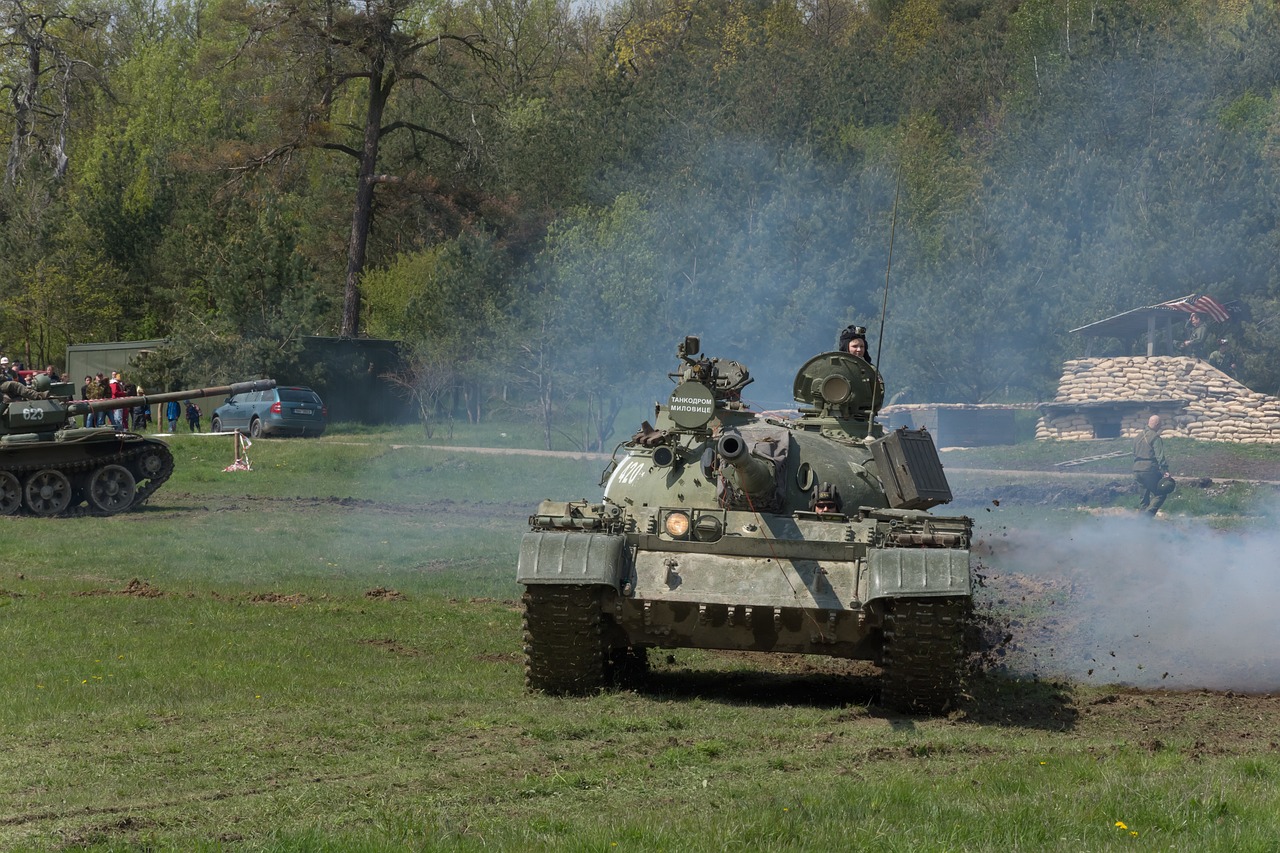
Battle of Gettysburg
The Battle of Gettysburg was a pivotal moment in the American Civil War, where General George G. Meade's leadership and strategic decisions played a crucial role in securing a significant victory for the Union forces. The battle, which took place from July 1 to July 3, 1863, in Gettysburg, Pennsylvania, marked a turning point in the conflict.
Meade's ability to assess the battlefield, make quick decisions, and effectively deploy his troops against General Robert E. Lee's Confederate army proved instrumental in the Union's success. His defensive strategies, particularly on the high ground of Cemetery Ridge, helped repel repeated Confederate assaults and ultimately forced Lee to retreat.
One of the most famous moments of the Battle of Gettysburg was Pickett's Charge, where Confederate General George Pickett led a massive assault on the center of the Union line on July 3. Meade's positioning of his troops and artillery played a vital role in repulsing the Confederate advance, leading to heavy casualties for the Confederates.
Throughout the battle, Meade demonstrated strong leadership, maintaining composure under immense pressure and making critical decisions that shaped the outcome of the conflict. His strategic acumen and tactical proficiency were evident in his ability to adapt to changing circumstances on the battlefield and effectively coordinate his forces.
The Battle of Gettysburg not only showcased Meade's military prowess but also highlighted his commitment to the Union cause and his determination to secure a decisive victory against the Confederates. The legacy of Meade's leadership at Gettysburg continues to be studied and revered as a prime example of effective command in a critical moment of American history.

Overcoming Adversities
During the tumultuous period of the American Civil War, General George G. Meade faced numerous adversities that tested his leadership and resolve. Leading the Union forces against the formidable Army of Northern Virginia commanded by Robert E. Lee, Meade encountered political pressures, internal conflicts within his own command structure, and relentless criticisms from both military and civilian circles.
Despite these challenges, Meade displayed remarkable resilience and strategic acumen, ultimately emerging victorious in one of the most critical battles of the war - the Battle of Gettysburg. His ability to navigate through the chaos of war, make tough decisions under immense pressure, and maintain the morale of his troops played a pivotal role in securing the Union's triumph over the Confederacy.
Meade's leadership during the Battle of Gettysburg showcased his ability to adapt to rapidly changing circumstances, effectively coordinate his forces, and exploit the weaknesses of the enemy. By overcoming these adversities, Meade solidified his reputation as a capable and determined military commander, earning the respect of his troops and the admiration of future generations.

Legacy and Post-War Life
General George G. Meade, a pivotal figure in the American Civil War, showcased remarkable leadership and military prowess that ultimately led to the Union's victory over Confederate General Robert E. Lee. Let's delve into the life and legacy of this extraordinary commander.
George G. Meade's journey began with his upbringing and early life experiences, shaping him into a disciplined and strategic military leader. Progressing through the ranks of the United States Army, Meade honed his skills and expertise, laying the foundation for his future command during the Civil War.
Upon assuming command of the Army of the Potomac, Meade faced immense challenges in leading the Union forces against Lee's formidable Army of Northern Virginia. His strategic acumen and unwavering determination would be put to the test in the battles that followed.
One of the most critical moments in Meade's military career was the Battle of Gettysburg, where his decisive leadership and tactical decisions played a pivotal role in securing a crucial victory for the Union. The battle marked a turning point in the Civil War, solidifying Meade's reputation as a skilled commander.
Amidst political pressures, internal conflicts within his command structure, and personal criticisms, Meade demonstrated resilience and fortitude in navigating through adversities. His ability to stay focused on the mission at hand was instrumental in achieving success on the battlefield.
Following the Civil War, George G. Meade's legacy endured, with his contributions to the Union cause being widely recognized. Despite the challenges he faced during the conflict, Meade continued to serve his country honorably in the post-war period, leaving a lasting impact on American history.
Throughout history, opinions on Meade's command decisions have been varied, sparking debates and controversies among historians. However, his leadership at Gettysburg and his overall contribution to the Union's victory have solidified his place in the annals of military history.
Meade's role in shaping the outcome of the Civil War cannot be understated. His strategic brilliance and tactical expertise significantly influenced the course of the conflict, ultimately leading to the preservation of the Union and the abolition of slavery in the United States.
When compared to other prominent generals of the Civil War era, Meade's leadership style, tactical decisions, and achievements stand out as a testament to his military prowess. His legacy as the general who defeated Lee remains a defining chapter in American military history.
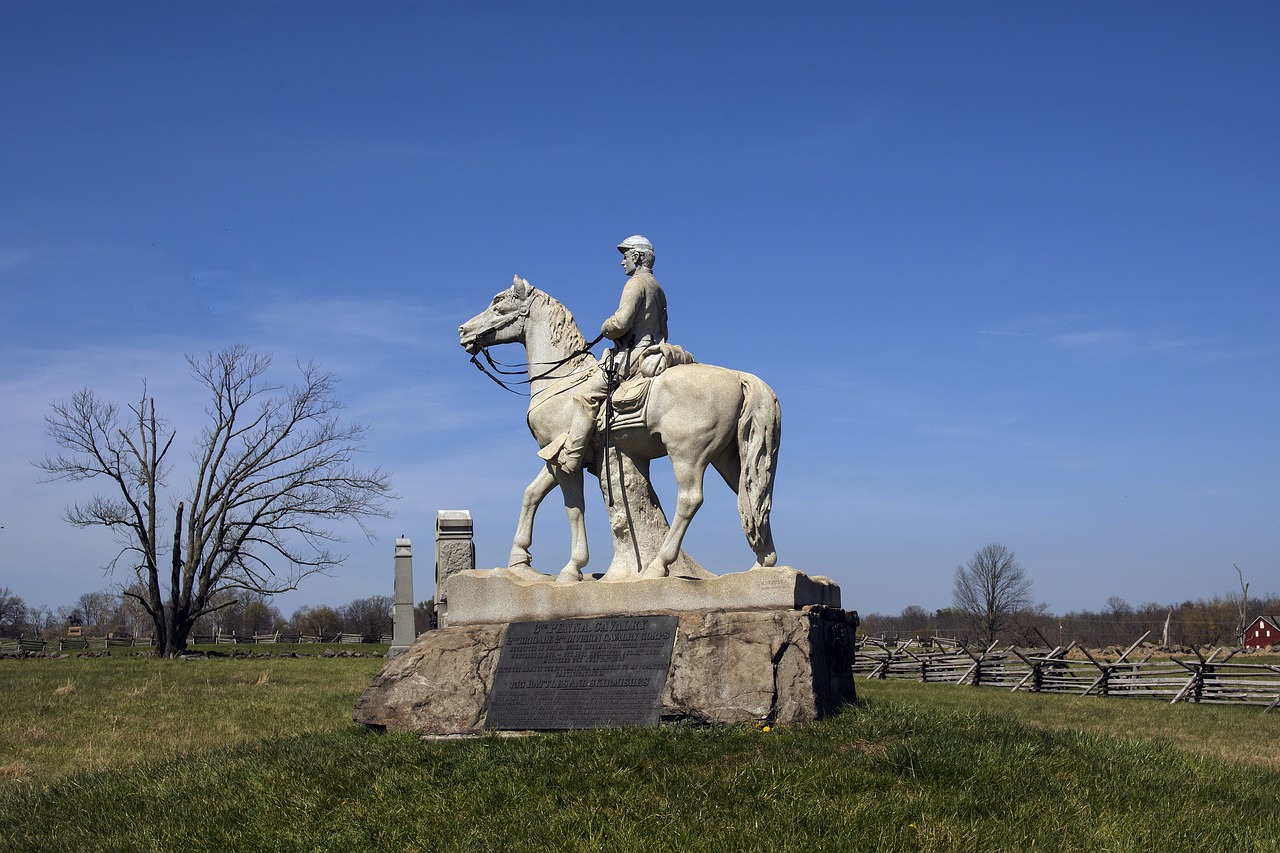
Reputation and Historical Perspectives
When it comes to assessing the reputation and historical perspectives of General George G. Meade, there is a mix of admiration, criticism, and ongoing debate among historians and Civil War enthusiasts. Meade's leadership at the Battle of Gettysburg, where he successfully repelled Lee's Confederate forces, is often highlighted as a defining moment in his career. However, his cautious approach and failure to aggressively pursue Lee after Gettysburg have also been subject to scrutiny.
One of the key controversies surrounding Meade's command decisions is his handling of the pursuit of Lee's retreating army after Gettysburg. Some argue that Meade missed a crucial opportunity to decisively defeat the Confederate forces, while others defend his more cautious tactics, considering the risks involved in pursuing a formidable opponent like Lee.
Historical perspectives on Meade's leadership have evolved over time, with some modern interpretations emphasizing the challenges he faced in managing a diverse and often fractious group of subordinates within the Army of the Potomac. Meade's ability to maintain cohesion among his officers and troops, despite internal dissent and conflicting personalities, is now seen as a testament to his leadership skills.
Furthermore, Meade's reputation has been influenced by post-war writings and memoirs, including those of his contemporaries and later historians. These accounts have shaped public perceptions of Meade's character, decision-making abilities, and overall legacy in the context of the Civil War.
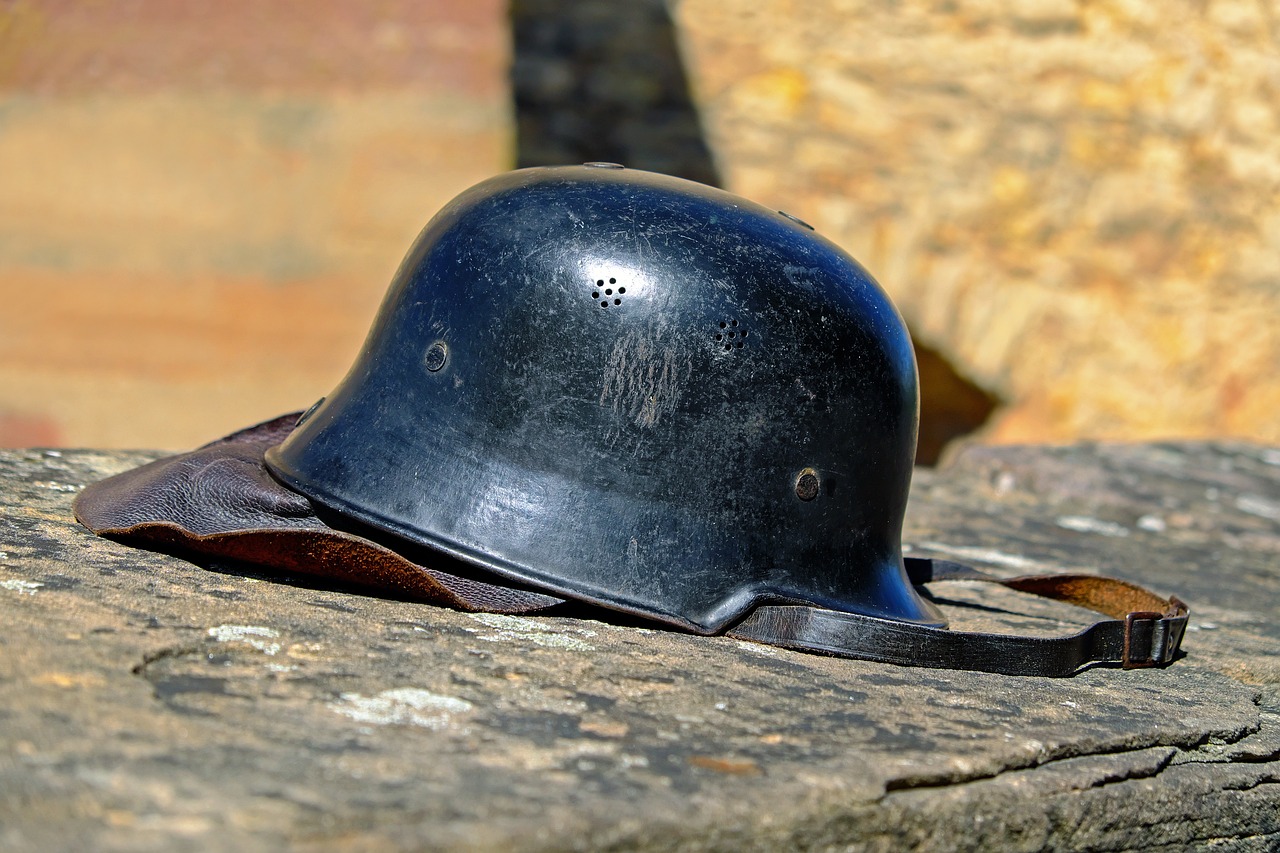
Impact on the Civil War
General George G. Meade's impact on the Civil War cannot be overstated. As the commander of the Union Army of the Potomac, Meade played a pivotal role in securing the victory at the Battle of Gettysburg, a turning point in the conflict. His strategic decisions and leadership during this crucial engagement proved instrumental in halting Confederate advances into Union territory.
Meade's ability to overcome adversities and navigate through immense pressure during the battle showcased his resilience and determination. Despite facing internal conflicts within his own command and enduring personal criticisms, Meade remained steadfast in his commitment to the Union cause and emerged victorious at Gettysburg.
Furthermore, Meade's contributions extended beyond the battlefield. His leadership had a lasting impact on the overall outcome of the Civil War, shaping the course of American history. By securing a significant victory at Gettysburg, Meade dealt a significant blow to the Confederate forces and bolstered Union morale, ultimately influencing the trajectory of the war.
Meade's legacy as a skilled military strategist and dedicated leader continues to be a subject of historical debate. While some critics question certain command decisions made during his tenure, others praise his tactical acumen and the ultimate success achieved at Gettysburg. The evolving perspectives on Meade's leadership reflect the complexities of wartime decision-making and the challenges faced by military commanders.
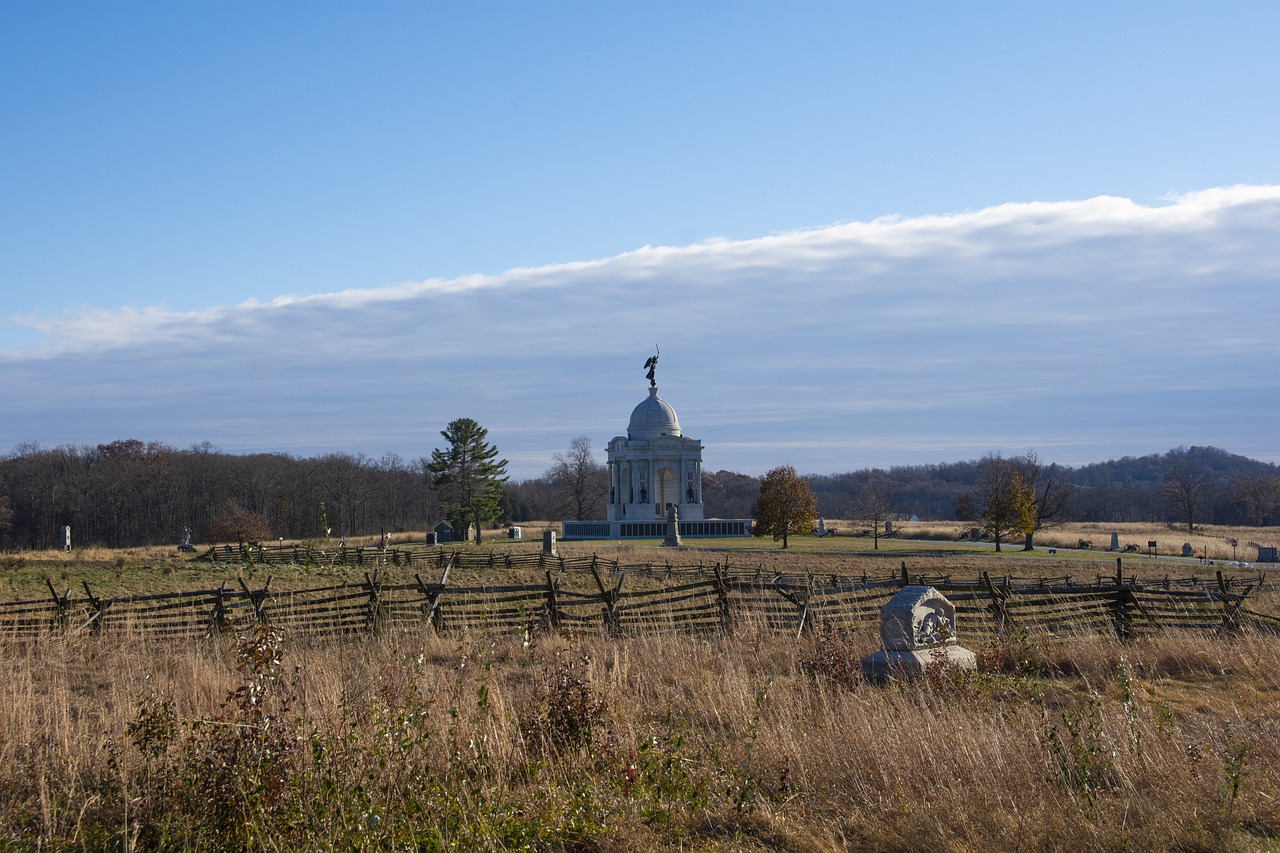
Comparison with Other Civil War Generals
When comparing General George G. Meade to other Civil War generals, it becomes evident that his leadership style and strategic decisions set him apart from his contemporaries. Unlike the bold and aggressive tactics employed by generals like Ulysses S. Grant or William T. Sherman, Meade was known for his cautious and calculated approach to warfare. While some criticized him for being too defensive, Meade's focus on protecting his troops and maintaining strategic positions proved crucial in securing victories.
One of the key contrasts between Meade and other generals lies in his ability to adapt to the ever-changing battlefield conditions. Rather than sticking to a rigid plan, Meade demonstrated flexibility and quick thinking, allowing him to respond effectively to unexpected developments during battles. This adaptability often gave him an edge over his opponents, who struggled to keep up with his dynamic strategies.
Furthermore, Meade's emphasis on thorough reconnaissance and intelligence gathering distinguished him from other generals who relied more on sheer force or numerical superiority. By carefully studying the terrain and the movements of the enemy, Meade was able to anticipate their actions and plan his own maneuvers accordingly, leading to strategic victories such as the Battle of Gettysburg.
While Meade may not have achieved the same level of fame or notoriety as some of his counterparts, his steady leadership and tactical acumen were instrumental in the Union's ultimate victory. By prioritizing the well-being of his troops, maintaining a strong defensive posture, and adapting to changing circumstances on the battlefield, Meade solidified his place as a respected and effective military leader during one of the most tumultuous periods in American history.
Frequently Asked Questions
- Who was General George G. Meade?
General George G. Meade was a prominent military leader who commanded the Union Army of the Potomac during the American Civil War. He is best known for his decisive victory over Confederate General Robert E. Lee at the Battle of Gettysburg.
- What role did Meade play in the Civil War?
Meade played a crucial role in leading the Union forces against Lee's Army of Northern Virginia. His strategic decisions and leadership at the Battle of Gettysburg are considered pivotal in turning the tide of the war in favor of the Union.
- How did Meade handle challenges during his command?
Meade navigated through political pressures, internal conflicts within his command, and personal criticisms to secure a significant victory at Gettysburg. His ability to overcome adversities contributed to his success as a military leader.
- What was Meade's legacy after the Civil War?
After the Civil War, Meade's legacy included his contributions to the Union cause and his impact on shaping the course of American history. Despite controversies surrounding his command decisions, Meade is remembered for his role in the Union victory.
- How is Meade's leadership compared to other Civil War generals?
Meade's leadership style, tactics, and achievements are often contrasted with those of other prominent generals of the Civil War era. Evaluating his impact on the outcome of the war provides insights into his strategic abilities and military legacy.


